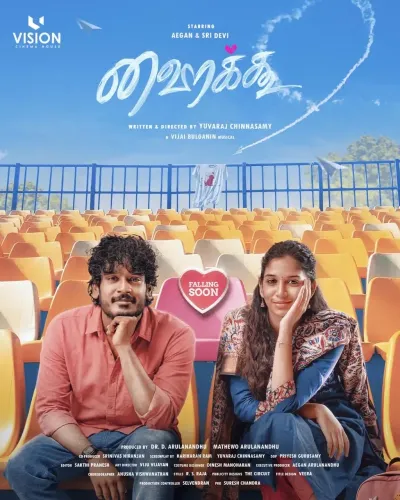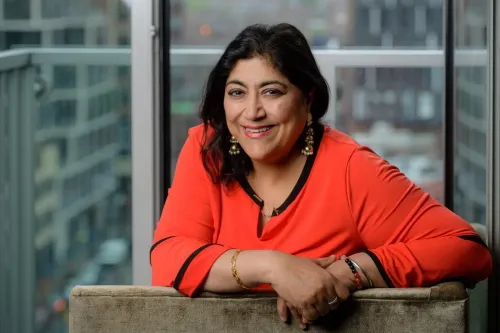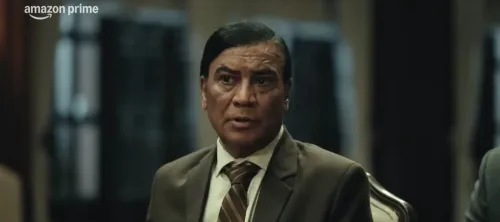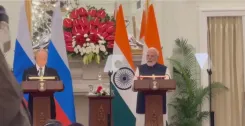What Does Udit Narayan Say About the Hindi-Marathi Conflict?
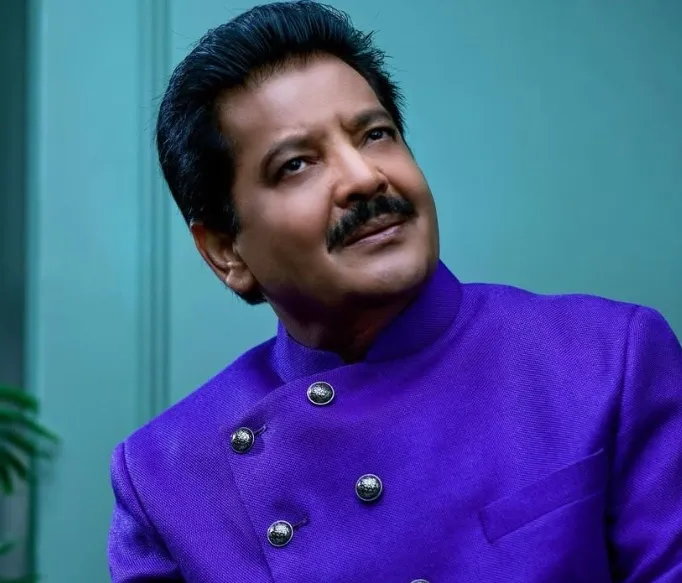
Synopsis
Key Takeaways
- Udit Narayan advocates for respecting local language and culture in Maharashtra.
- He believes all languages in India hold equal significance.
- The conflict has prompted discussions about linguistic diversity.
- Political tensions have arisen around language preferences.
- Udit shared personal insights from his career, highlighting the importance of voice in cinema.
Mumbai, July 8 (NationPress) Playback singer Udit Narayan has addressed the ongoing dispute regarding the Hindi and Marathi language conflict in Maharashtra.
In a recent conversation with IANS, he acknowledged that living in Maharashtra necessitates a respect for the local language and culture. Nevertheless, he emphasized that it is equally important to honor other languages spoken across India.
He expressed to IANS, “As a resident of Maharashtra, my birthplace, the local language holds great significance. At the same time, all languages in our nation are of equal value.”
The state is currently embroiled in a heated debate concerning the language divide between Hindi and Marathi speakers. The political party MNS has faced allegations of resorting to violence against individuals who refuse to communicate in Marathi, a language that uses the same Devanagari script as Hindi.
In a recently circulating video from a Kapil Sharma show, Udit shared fond memories of the late filmmaker Yash Chopra, who had a great admiration for him.
Reflecting on his participation in ‘Dil Toh Pagal Hai’, he recounted, “Yash Chopra mentioned that he had secured a date for Shah Rukh Khan, and was no longer willing to wait for anyone else. I believe he had considered another singer for the title song, which features both Shah Rukh Khan and Akshay Kumar. However, he insisted on having my voice.”
“I was unaware of what prompted him to make that choice. He had collaborated on numerous tracks with Lata Mangeshkar. He stated that he would film the song with another singer's vocals. It's unbelievable, but I returned to Mumbai after 15 or 20 days, went straight to the studio from the airport, and recorded the first song, ‘Dil Toh Pagal Hai’,” he concluded.


